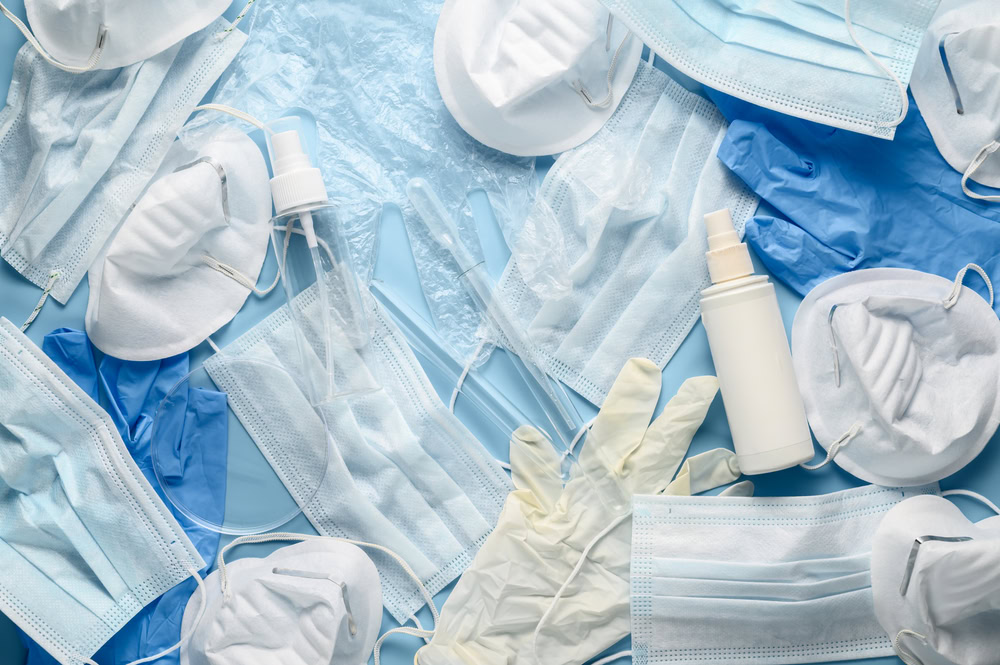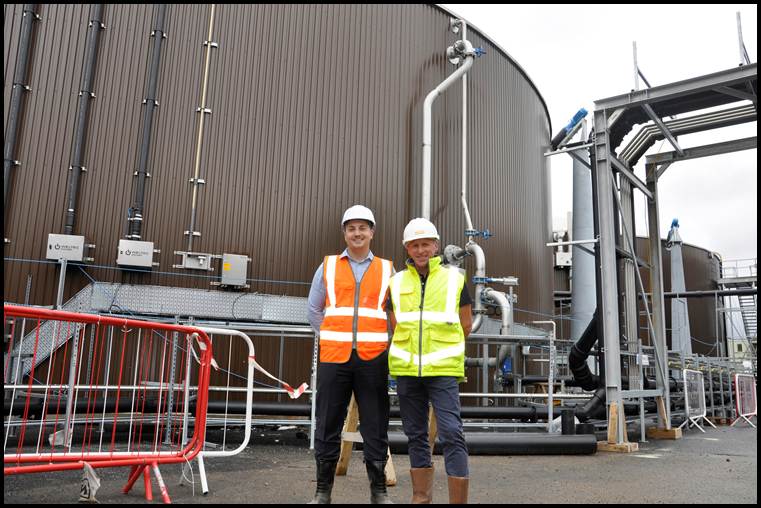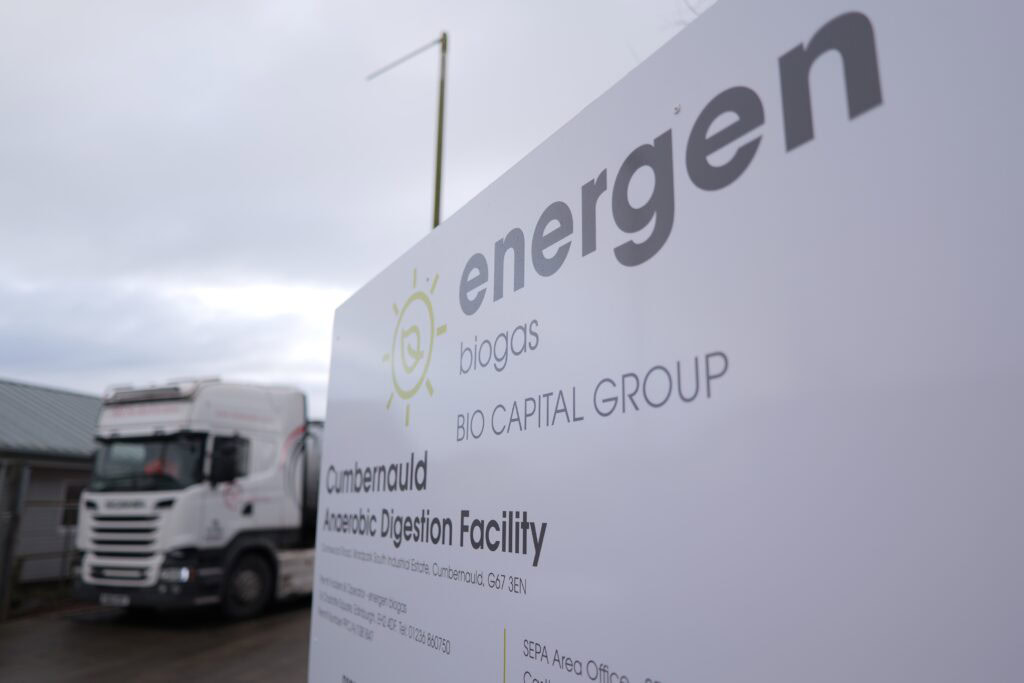Although many in the sector have generally welcomed the Quality Protocol on Composting, which was published last week (see letsrecycle.com story), some were disappointed that it forces the user of compliant compost to test their land for toxins.
” Farmers want their soils in good health and value compost as a resource. However, we feel this is an unnecessarily overcautious requirement. “
– Aarun Naik, NFU
The soil tests – for every hectare of land on which the compost is used – are required to be carried out before using the compost, and once every 20 years after using it.
The tests cost around 44 to carry out for every sample.
Alexander Madden, managing director of composting technology firm Agrivert, who raised the issue of soil testing in last year's consultation for the Protocol, explained: “An average farm has around 200 hectares which, in addition to around 20 for the labour to collect these samples, you are looking at around 3,000 to achieve these requirements.”
Mr Madden warned that farmers could refuse to meet the costs of soil testing, leaving composters to pay.
“Farmers are unlikely to incur these enormous costs, which could even exceed the fees for waste management license exemptions,” he said.
Testing
Farmers have said the testing of the land is even “unnecessary”, since any compost complying with the Quality Protocol must be tested to ensure it does not contain toxins such as heavy metals.
Aarun Naik, environment policy adviser at the National Farmers Union, said: “We are not against soil testing in principle – farmers want their soils in good health and value compost as a resource. However, we feel this is an unnecessarily overcautious requirement.
“The agricultural market will be stimulated by reducing costs, not by placing the regulatory burden on the farmer. We can't help but feel that this particular requirement runs contrary to the protocol's stated aim of 'ea;sing the regulatory burden',” said Mr Naik.
Now published in its final form, the Protocol will officially come into force at the end of Compost Awareness Week on May 11, with composters given until November 15 to register with a certification body and pay the registration fee.
Charlie Trousdell, managing director of Sussex-based TJ Composting, described the soil testing requirement of the protocol as a “disproportionate reaction” to the “irrelevant levels” of heavy metals actually existing in green or food waste.
He said that larger composters who tend to work with a many different farmers, who may change over time, could see costs racking up if composters have to pay for soil testing, rather than farmers.
Mr Trousdell said of the Protocol: “This is based on the assumption that all composters work with a particular farmer year after year and this is rarely the case in the industry.”
The costs for soil testing look likely to be passed on in the form of higher gate fees, with composting firm Agrivert commenting that around 3 per tonne rise would be a “logical conclusion” to the Protocol's impact.
However, the composting companies did express the view that the Protocol in its current form was a “good start”, despite not being a perfect solution.
| Related links: |
Mr Trousdell said: “The Protocol will take a lot of working out –at this stage it isn't the perfect solution but it is a good start.”
Mr Madden echoed this sentiment, but said: “Although the Protocol is an excellent step forward for the industry it is a great shame to take a moment of bureaucratic release and turn it into an even deeper problem.”







Subscribe for free